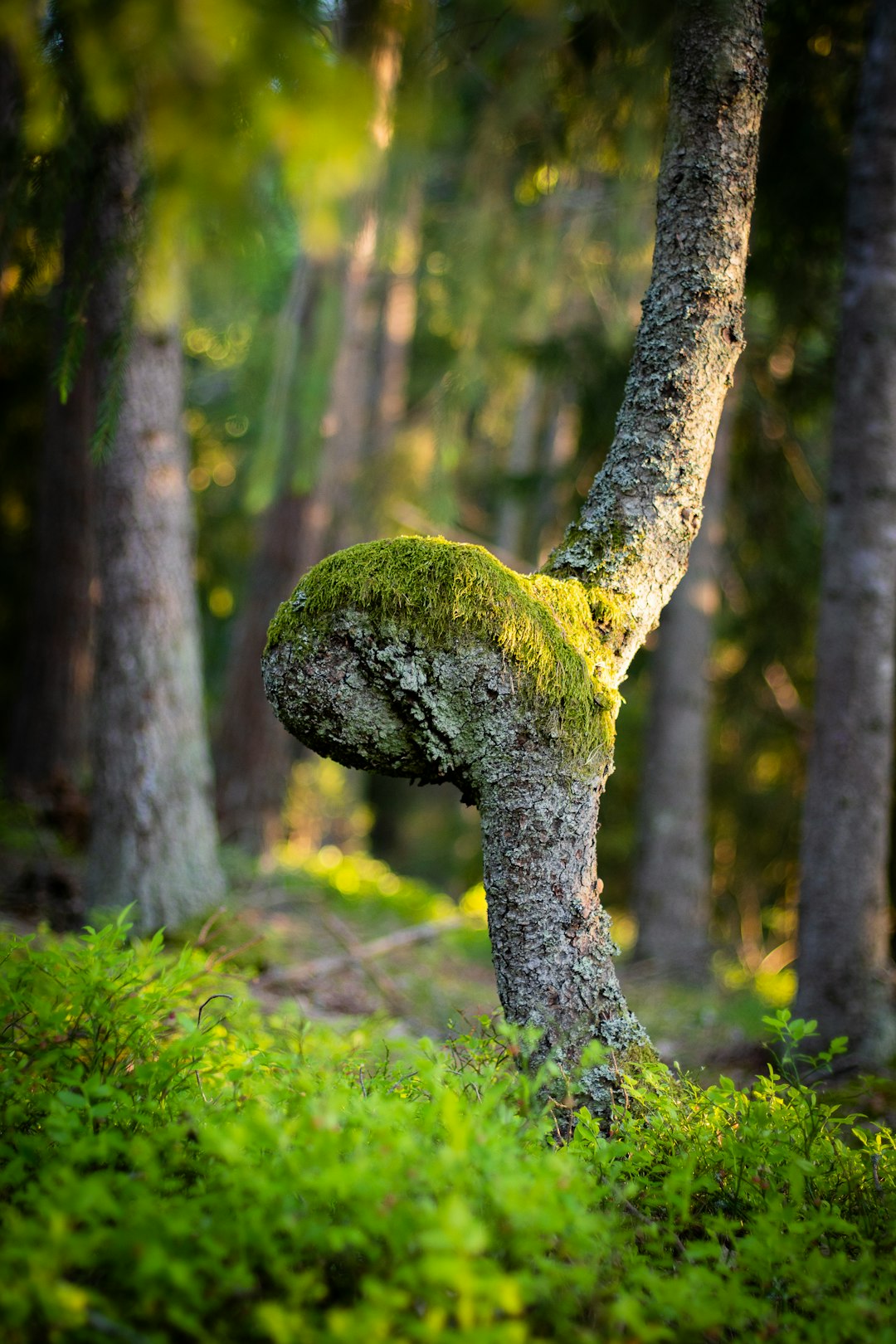I’m still thinking about Ted Lasso and his life mantra (Be curious, not judgemental). The curious part is easy or maybe more straightforward. That second part, not being judgemental, is the hard part. (Did you miss last Sunday’s Smaller & Deeper? You can read what turns out to be part one here!)
Judgment serves me. Judgment provides boundaries. It feels …
Keep reading with a 7-day free trial
Subscribe to Smaller & Deeper to keep reading this post and get 7 days of free access to the full post archives.



